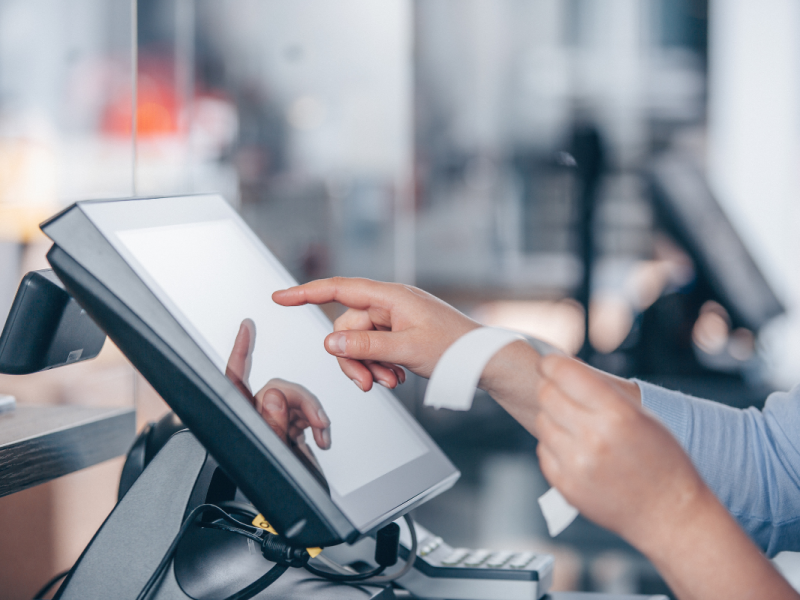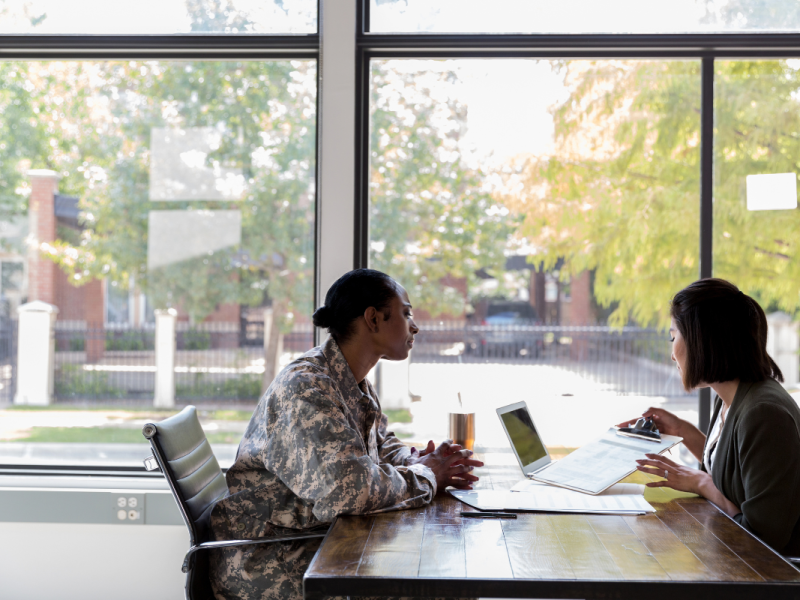There are many people out there in Singapore who just can`t control their spending habits. And this only becomes a problem when other areas in life begin to suffer. There are often reasons why someone has the need to spend and it’s often when those issues are addressed, that the over-spending stops.
Spending money can become like an addiction. It can be so habit forming that it becomes who you are and what your routine looks like. You might be in the habit of going to the store and buying whatever you like and over buying on things, just because you can at the time. Often a shopper with a problem will buy on impulse and will buy in quantity or quality. That means that they may be able to buy four dresses without trying them on, or they may have no thoughts against buying an item not needed even when it costs too much money.
Feeling like you have an addiction to spending money means that after you make your purchases, you feel over-whelmed with guilt and grief. You might get home and not even know what possessed you to buy some of the things you did, but might feel too ashamed to take them back. When you have family members and friends that are questioning your spending money, you might have some insight into what they see. Often you may not notice how other people view you because they do not say anything, but when they do voice an opinion, it may be time to listen to what they have to say.
Spending money on items that you may not need can take a heavy financial burden on you and your family. You might be neglecting on important items or bills to pay for impulsive items. This kind of stress can put a heavy toll on someone living alone, or in a family. Financial stress is one of the number one causes of divorces as they tend to approach EasyFind Fintech Singapore for personal loan and often they had too much debts to pay off.
There might be a breaking point, where your family breaks up, or your financial walls have come crumbling down around you where you address that you need help. There are ways to battle the addiction of over-spending, and it just takes some quick soul-searching. Many times buying items comforts us in some way. It makes us feel good to buy new items and spend money; there is a little piece of heaven attached to it. However, you have to ask yourself if you only buy things when you need comforting. This is an important issue to address. Do you run to the mall when you feel bad about something? Do you overspend on groceries when you know you can’t afford it?
Some strict self-discipline needs to take place for change to occur. You can talk with your doctor about seeing someone for counseling to deal with the emotional issues. You can also contact your bank and make an appointment to talk to someone. Your banking professional can give you a monthly budget and help you look at ways to pay off bills and save money.
Often changing the way you think, can alter your spending desires. Take a temporary second job and start collecting the money in a separate account. When you go shopping, you will begin to think about the items you are buying and how much they cost and how much work you had to do to pay for those individual items. Start to buy the things you need in cash, leave the debit card at home and find other ways to comfort yourself when you need it.
Monitoring Your Expenditure
First things first. Give yourself a budget-attitude shake. A budget is neither a starvation diet nor a binge approach to money management. It’s a month-by-month strategic plan to care for yourself, your family, and your future. Once you get good at it, your budget can become longer term-some people actually have 5-, 10-, 15-year plans, and more-and peace of mind about their future. You can make too.
What a budget can do ” A budget can be a real wake-up call about your finances. “A budget can tell you what you can really afford, based on how much money you actually make-without lines of credit, plastic, in-store accounts, or other “false” income extenders. ” A budget can help you prepare for unexpected surprises-a furnace breakdown in February, or dental emergency in July. ” Eventually, a budget can even help you plan big purchases-a home, vacation, children’s education, and your retirement.
What a budget cannot do
” A budget cannot change how much money you really make. And if you’ve never actually compared what you make to what you spend, the reality may be harsh. That 20×30 back deck you were planning to build this spring? It might be more realistic as an 8×12-get the drift?
How to begin?
Start with pen and paper. No fancy accounting books or computer programs needed.
Next step
Make two columns. Call one “Fixed costs”, the other, “Variable costs”. Variable costs are ones you can change (as in, spend less)-groceries, liquor, and entertainment. Fixed costs you usually have no control over-like rent and car payments. (Even those costs might be adjustable-don’t dismiss moving for cheaper rent or selling a vehicle.) Don’t count fixed costs if they aren’t. Seriously, how many phones do you need? Basic cable is much cheaper than premium, and beer is not a mandatory food group.
Under one of the two columns, write everything you spend money on each month-groceries, gas, car payments, credit cards, mortgage/rent, phones, television/cable. Add it up. Stay calm. Now write down your income sources, and tally them. Subtract Fixed/Variable costs from your income. Seeing red?
Sharpen your pencil This is budgeting-choosing how you’ll spend your money. The quickest way to save big bucks is with entertainment, liquor, and groceries. Control those costs by deciding how much you can actually afford. Put those new amounts into your column. Re-tally. Seeing more black?
Tips to control spending
Sometimes you’re so cash-strapped; you have to eliminate things-find freebies instead-the library, instead of the movies, the park instead of the mall.
Always buy with cash.
From now on, always buy with cash. Melt your credit and debit cards, and close all lines of credit. When you get paid, go to the bank and withdraw the money allotted to variables for that week, and put it into labeled envelopes. When you take out cash to buy those things, put the receipts into the envelope. This way you see where your money goes and can make a really conscious choice next month about whether you want to spend your hard-earned paycheque that way.
Surprise cash pockets
Don’t squander surprise cash pockets. Every June, after Tax Freedom Day, your paycheque actually jumps a bit-ever notice? From now on, that extra jump is going to be put towards debts, not frittered away. Your income tax return-usually blow it? No more. Pay down debts, highest interest first.
Re-budget and fine tune
It takes time to get budgeting right. But a budget can help you feel like you’re finally in the driver’s seat of your life.



